Decades ago, author Dinh Huy Hao, when discussing the way Vietnamese people address each other, expressed his opinion: “The two words “you - me” are the most vulgar and ugly words in Vietnamese, those who have brought books to school should never use them, regardless of the type of person”. And now, sadly and strangely, the two words “you - me” tend to appear more and more in the responses between many officials and the people when they are performing their official duties. This type of response clearly cannot exist in the so-called “official culture”.
1. On the afternoon of October 16, responding to the press, Mr. Nguyen Cao Son - Vice Chairman of Ninh Binh Provincial People's Committee, confirmed that he had directed the verification and clarification of the content of the reflection that Mr. Nguyen Tien Dung - Deputy Director of the Department of Natural Resources and Environment (DONRE) of Ninh Binh province, addressed himself as "you, I" to the people when performing official duties. Previously, on September 6, during the field trip to resolve the issue of rock mining blasting that affected people's houses in Phu Son commune, Nho Quan district, Ninh Binh province, Deputy Director of the DONRE Nguyen Tien Dung made inappropriate statements, repeatedly addressing people as "you, I". The incident was recorded by the people's security camera. The people - Ms. NTT (born in 1991, residing in Phu Son commune) also filed a complaint with Ninh Binh Provincial People's Committee about Mr. Nguyen Tien Dung's statements.
At the meeting of the Department of Natural Resources and Environment held on the morning of October 17, Mr. Dung admitted to the leaders of the Department of Natural Resources and Environment and the heads of departments about his substandard behavior. “ Based on the actual survey compared to the content of the petition, the citizen's reflection was not accurate and too misleading. Although I had explained to the family (Ms. NTT), but did not receive cooperation, so I was a bit upset. Therefore, when leaving, on the way to the car, I made spontaneous statements (a way of addressing based on the habit of age gap) "you - me" once or twice as the content of Ms. T's family reflected and extracted from the camera " - Mr. Nguyen Tien Dung explained.
The Deputy Director of the Department of Natural Resources and Environment of Ninh Binh province added that through this incident, he himself realized that in the process of communicating with the people, he had not maintained his mental balance, which created an unfortunate mistake. Mr. Dung admitted that this was a lesson, he would seriously learn from his experience in controlling his mental state when resolving disagreements in communication with citizens; at the same time, he committed to directly apologize to Ms. T.'s family.
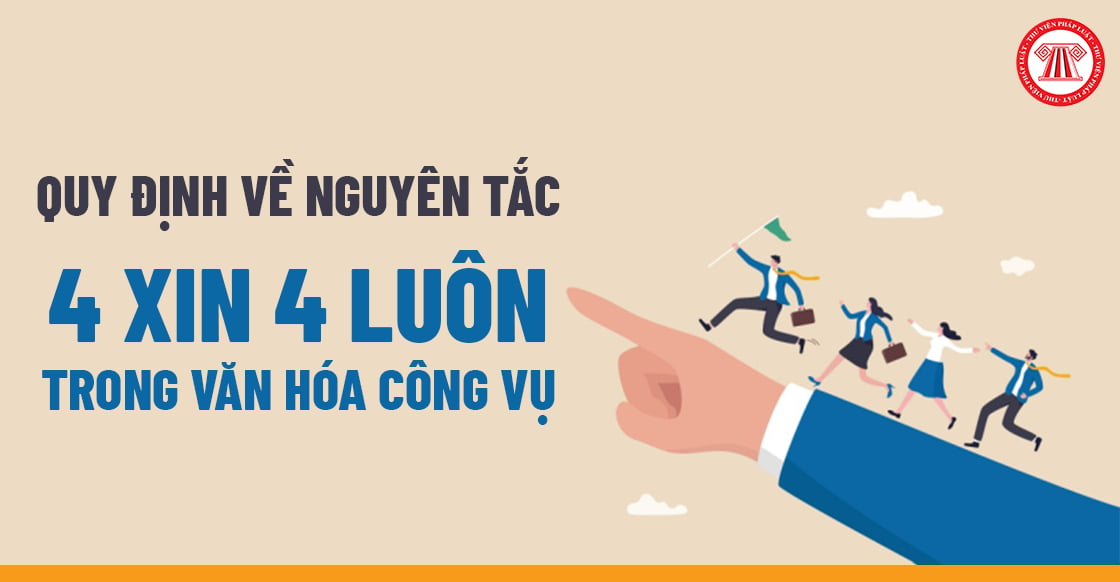
It is worth noting that just typing in Google with the keyword “officials making inappropriate statements to the people” will bring up not just one or a few but quite a few similar incidents happening to all kinds of officials from district officials to ward officials, not only department leaders but also tax officials and forest rangers. This has happened not only now but for many years now.
For example, 4 years ago, the press and public opinion were noisy, even feeling "unbelievable" at the "you - me" exchange of a highly educated female officer, PhD, Head of the Department of Natural Resources and Environment, full of arrogance and bullshit with the people. " Let the people go, now there is no road, there is no road. On the current map, there is no road, there is no road... It is not the people or anything here " - the dialogue in the clip that spread on social networks at that time made many people extremely surprised when it was broadcast by a female officer, an officer with a title and education considered "the highest in the commune committee".
2. Many years ago, Associate Professor Dr. Pham Van Tinh - who once held the position of General Secretary of the Vietnam Linguistics Association - in an article about the purity of Vietnamese, discussing "You and I: How to say it correctly" emphasized: " You - I are a pair of common pronouns of Vietnamese people. "I" is a first-person singular pronoun, used to refer to oneself when talking to peers or subordinates, expressing intimacy, comfort or in many cases, carrying a tone of contempt and disdain. "You" is also a pronoun, used to refer to peers or subordinates, the tone of use is the same as "I".
Many people abuse this pair of pronouns to speak to certain subjects (younger people, subordinates, students, etc.), especially in crowded settings with a heterogeneous audience (among the listeners there are people with titles, old people, young people, women, etc.).
Remember that in the school environment, it is necessary to use typical, neutral pairs of addresses (teacher - teacher/child - student, or teachers call themselves "I", "you", "children"). Being too casual will lose the "exemplary" seriousness that is needed in school.
In the office, even if the boss is old and powerful, that does not mean that he can say whatever he wants. Remember that when he reaches adulthood (18 years old), he has the right to behave like a citizen. Just because he is younger, a younger sibling, a child, a grandchild, etc., does not mean that he can call you whatever he wants. Because of his position and sensitivity, he does not react, but deep down, he is not interested in such forms of address.
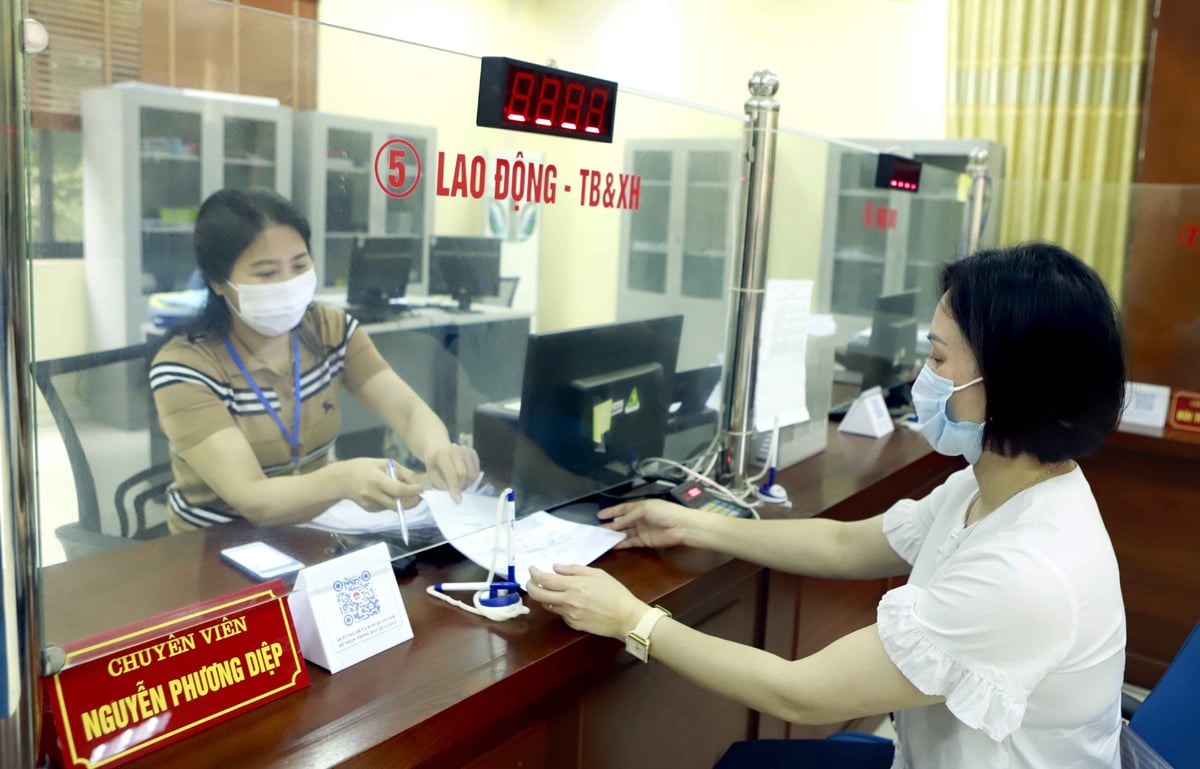
Decades before that, in 1931, author Dinh Huy Hao, with the article "You - I?" published in "Trung Lap Bao", issue 6393, March 17, 1931, also expressed his opinion: " The two pronouns "you - I" are the two most vulgar and ugly words in our language, and sadly they still live in our language forever, the number of people using those words is increasing day by day" .
Author Dinh Huy Hao added: “ Even parents, parents who know how to love their children and teach them, really do not call their children “you”. Therefore, we only see people say “I will give you a kiss”, but we never see people say “You will give me a kiss”. And a child, if he sees his parents treating him as “you - me”, he will not dare to be close to them anymore”. Seeing this, it is clear that those two words are vulgar, not the words of a serious person” .
He concluded: “ If we do not know how to prevent it early, I am afraid that vulgarity will expand. Because people often at first just jokingly say a few vulgar words with an embarrassed meaning, but now one sentence, tomorrow one sentence, later they swear without any hesitation, sometimes even forgetting that the words are vulgar. The two words “you - me” are the most vulgar and ugly words in our Vietnamese language, those who have brought books to school should never use them, regardless of the type of person.”
3. Thus, from just two opinions of two people who can be considered quite knowledgeable about Vietnamese, we can see a common perspective on the use of the words "may - tao" in addressing, that expressing intimacy and comfort is possible, but in many cases it carries a nuance of contempt and disdain; should not be abused as a synonym for being too casual, especially in environments, spaces, and contexts that require a lot of honorifics such as school environments, public service environments, between subjects such as teachers and students, parents and children, cadres and citizens, leaders and employees...
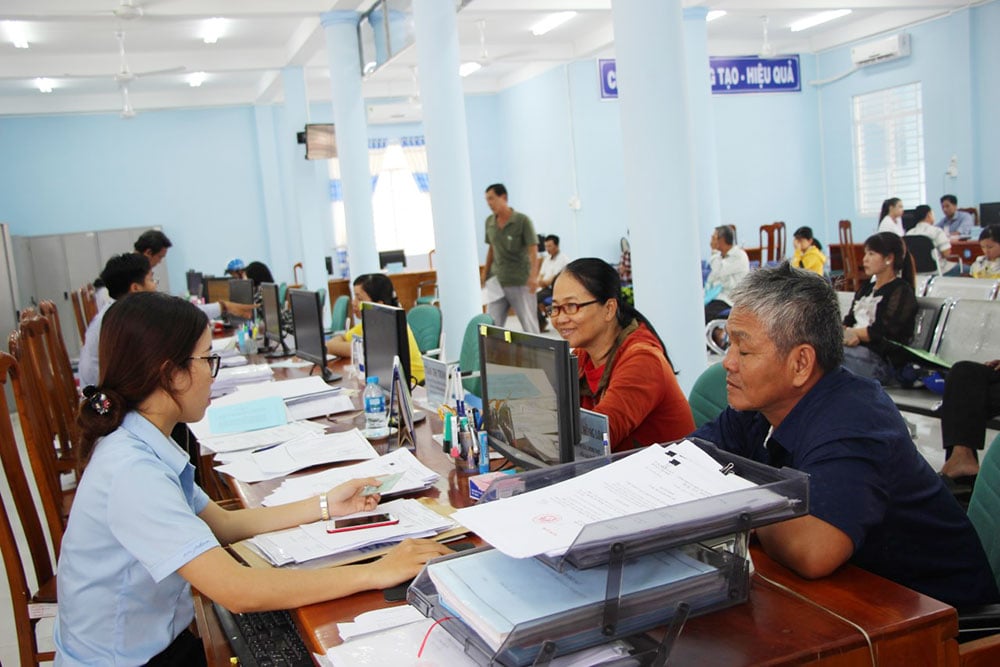
Returning to the trend of increasingly "abusing" the pronouns "you" and "I" among a group of civil servants and cadres while performing their duties. During his lifetime, President Ho Chi Minh once said: " Cadres are servants of the people, the government is to serve the people", "Government agencies from the whole country to the villages are all servants of the people, meaning to shoulder the common work for the people, not to oppress the people as in the period under the rule of France and Japan. Whatever is beneficial to the people, we must do our best. Whatever is harmful to the people, we must avoid. We must love and respect the people, then the people will love and respect us".
Obviously, addressing people with a hostile and condescending attitude like the Vice Chairman of the Department of Natural Resources and Environment or the female doctor above, in the past, Uncle Ho often reminded the "public servants" to "avoid at all costs". Nowadays, in the effort to build a socialist rule-of-law state by the people and for the people, to build a professional, honest, modern administration serving the people, in addition to the requirements of honesty and ethics, the culture of civil servants is also mentioned as a must-have requirement.
The Project on Public Service Culture was approved by the Prime Minister in Decision No. 1847/QD-TTg dated December 27, 2018, and has been implemented for 5 years to date in agencies, units, and localities nationwide. The Project emphasizes the story of behavior and communication with people, officials, civil servants, and public employees always respect, listen, enthusiastically guide on work processing procedures and thoroughly explain people's questions. Implement "4 xin, 4 always" (hello, sorry, thank you, permission; always smile, always be gentle, always listen, always help).
There has not been a clear conclusion on the effectiveness of the project, but from the unfortunate incidents that have occurred in the public service environment in recent years, it can be clearly seen that the arrogant and condescending forms of address to the people do not exist in the public service culture. And for each public servant and cadre to truly be worthy of the title "servant of the people", the "rule": "4 requests, 4 always" must always be kept in mind by each person. And remember: When performing public duties, cadres: Be careful with what you say to the people!
Red River
Source


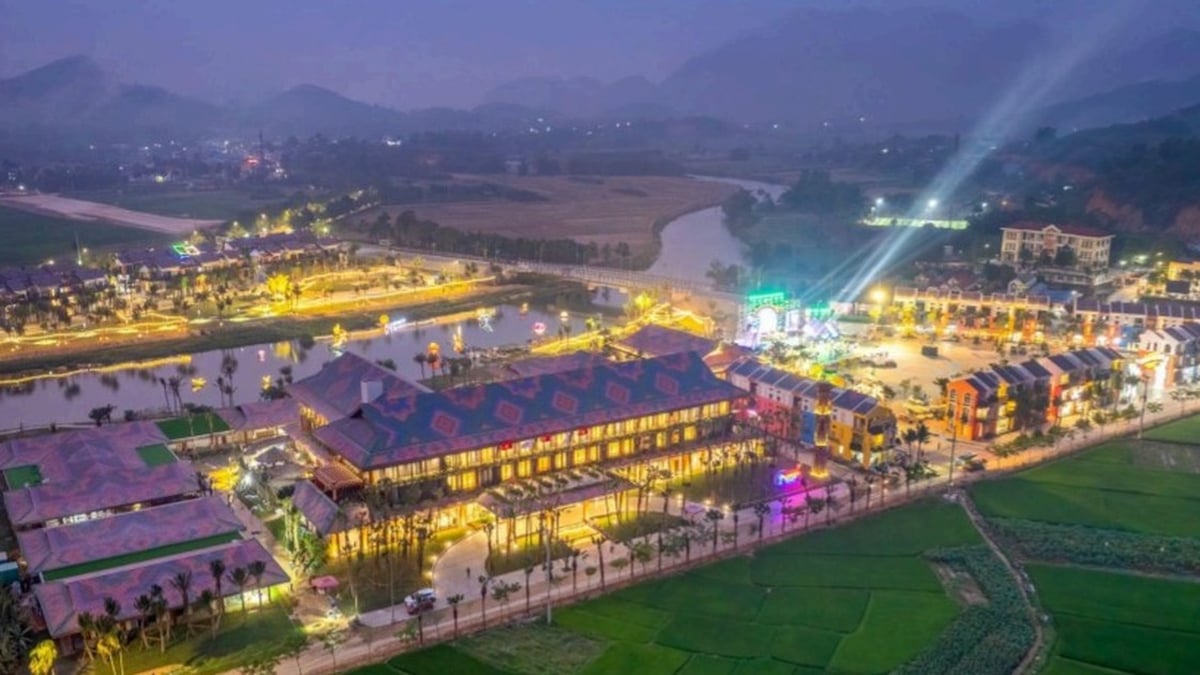
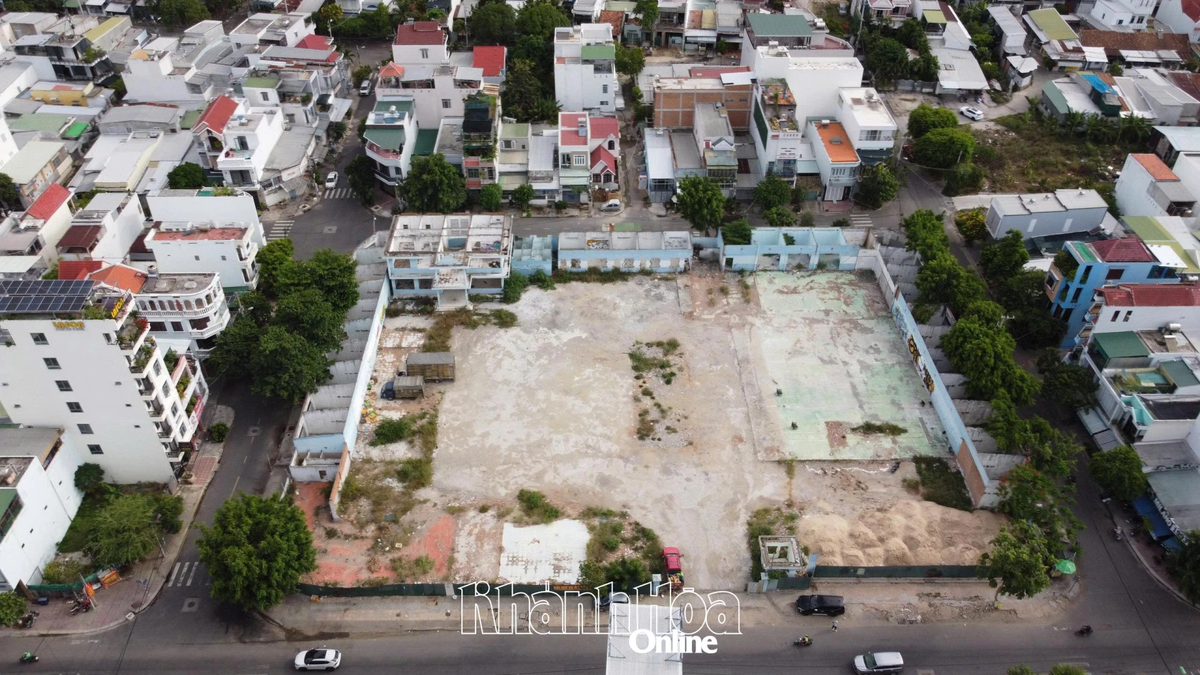
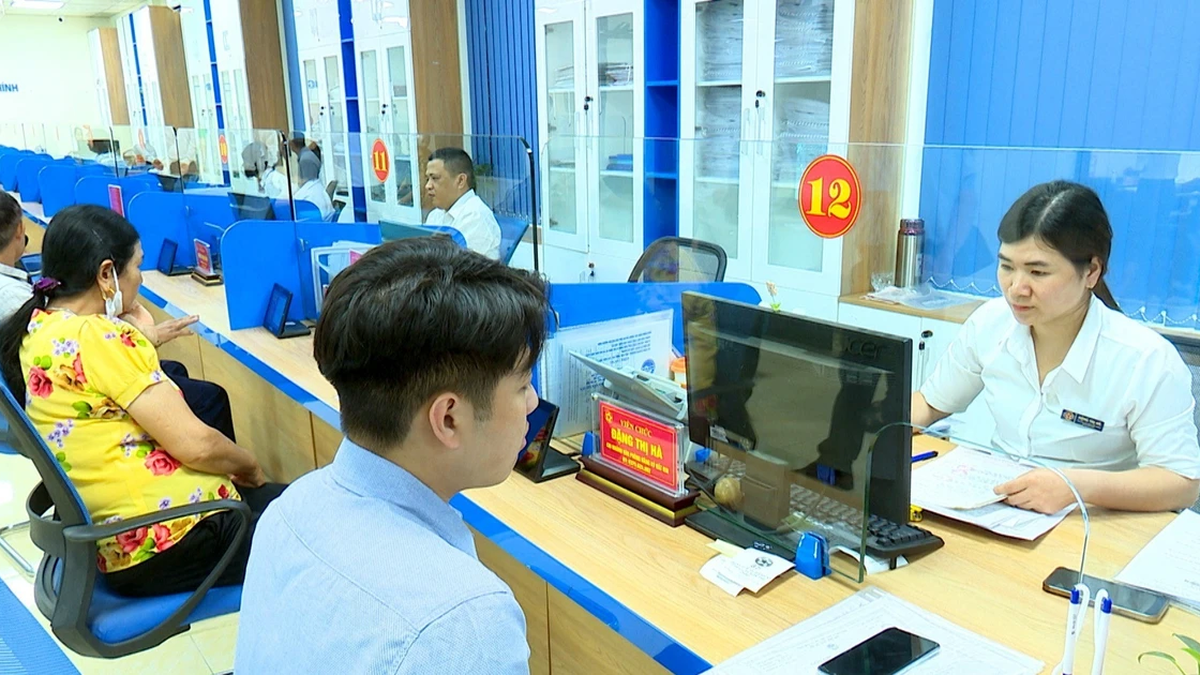
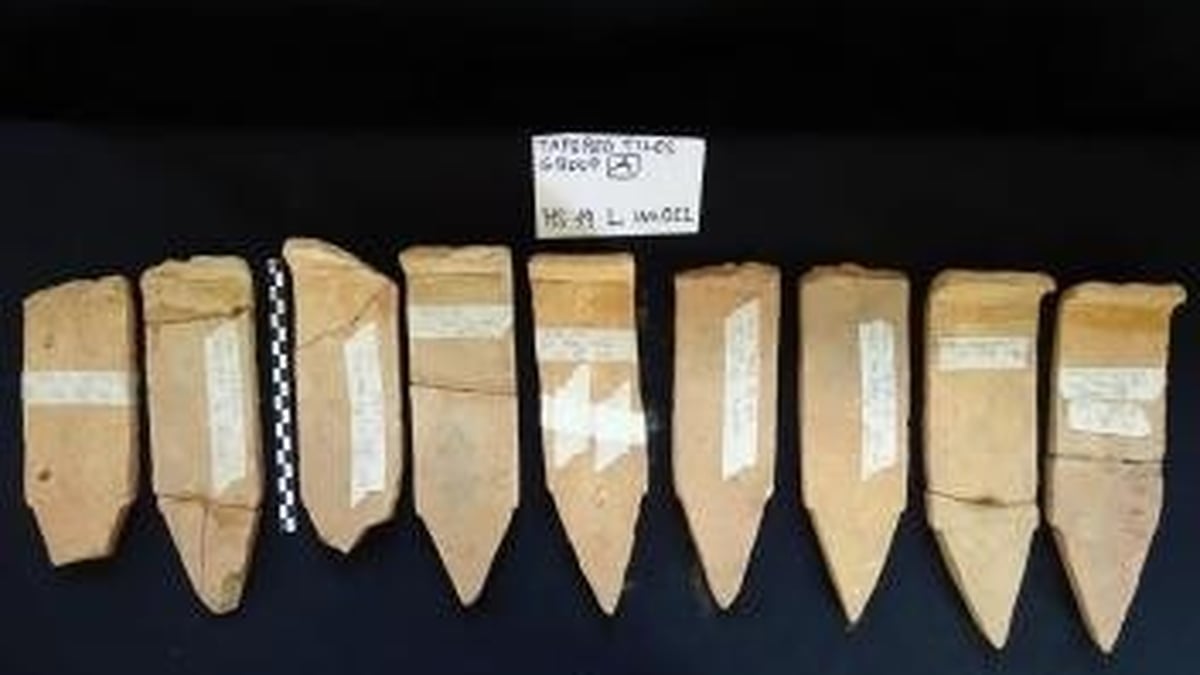

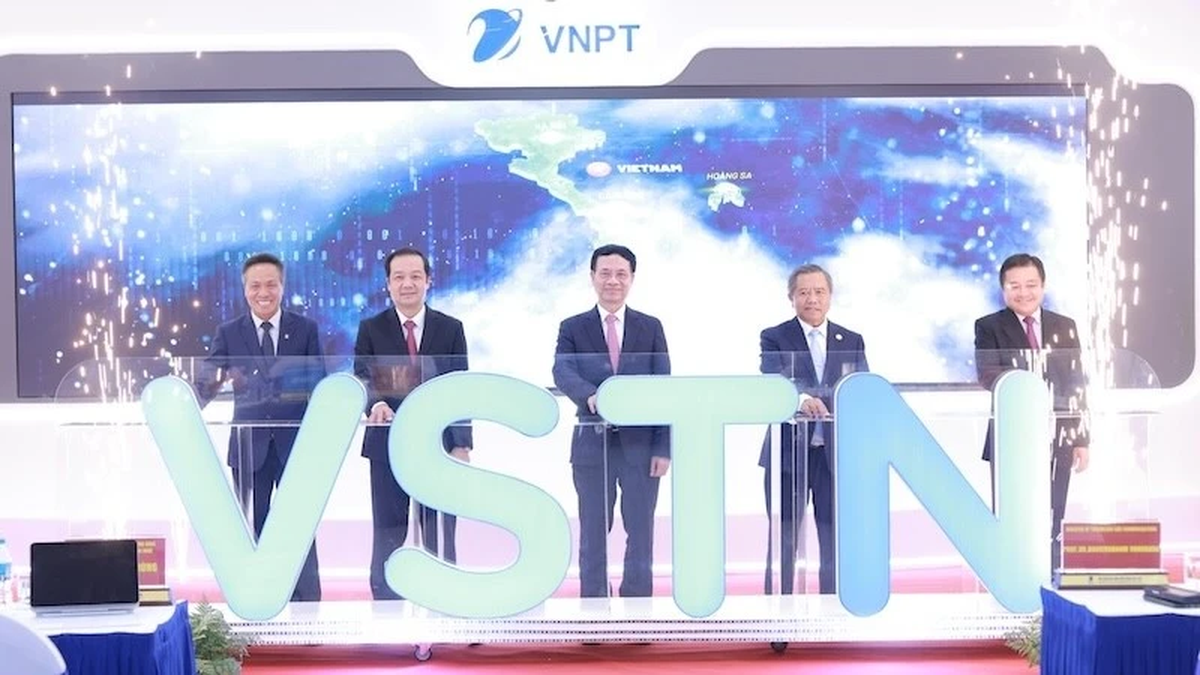
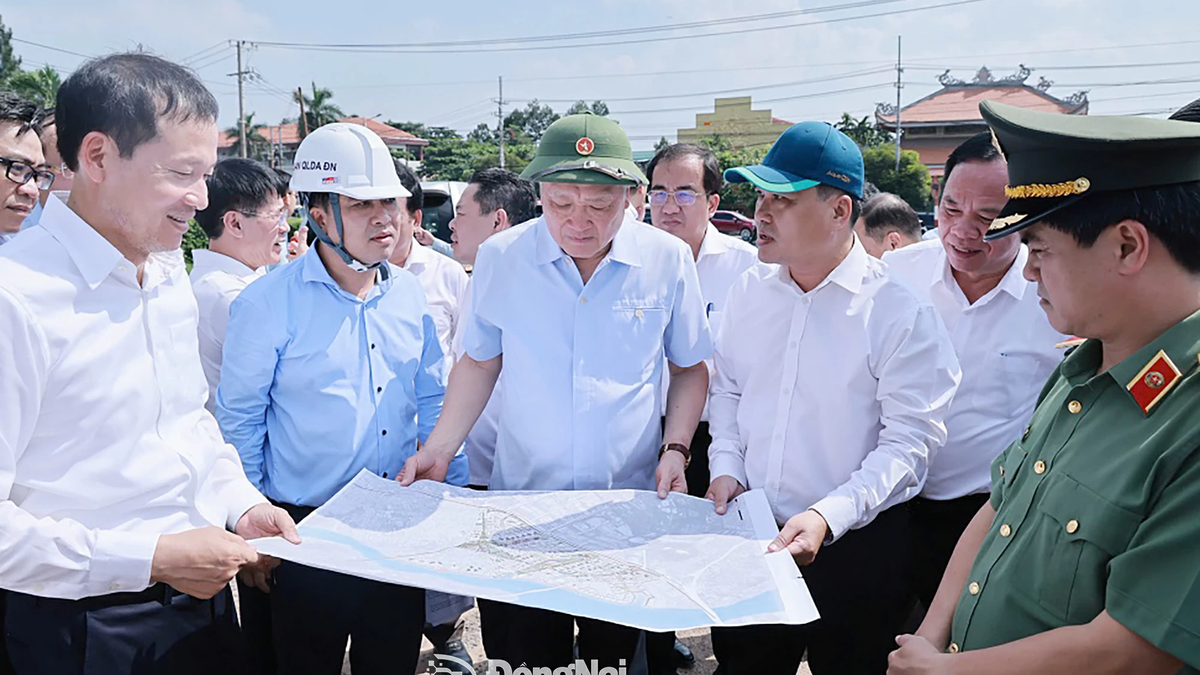
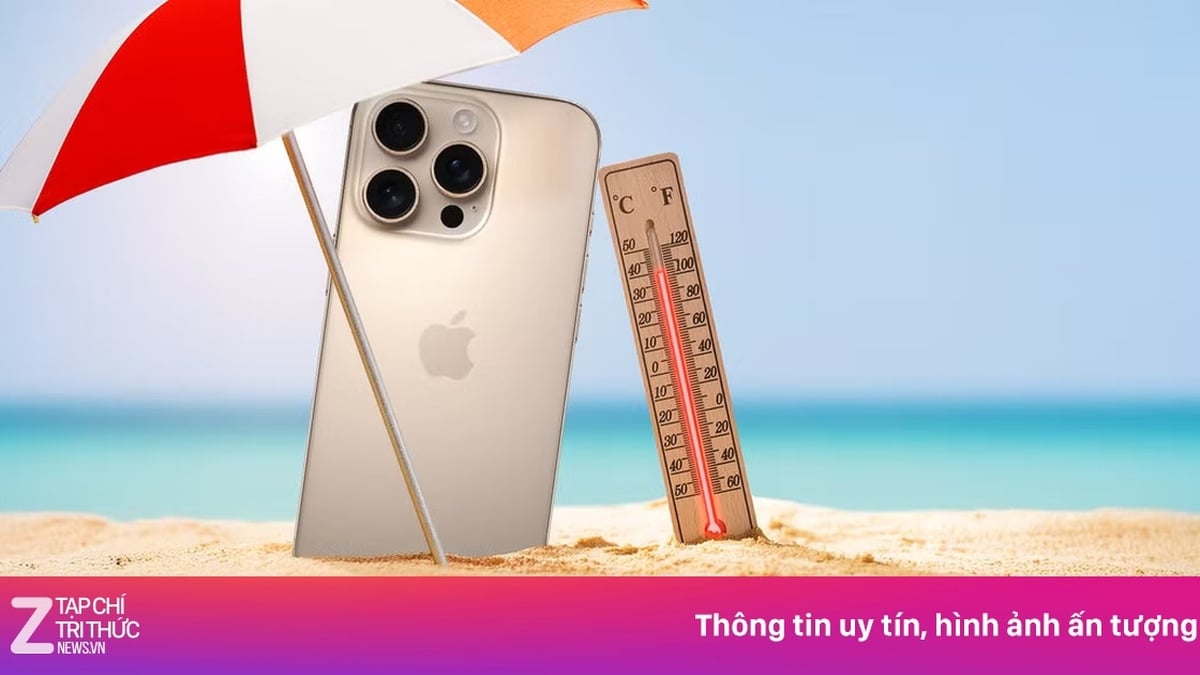
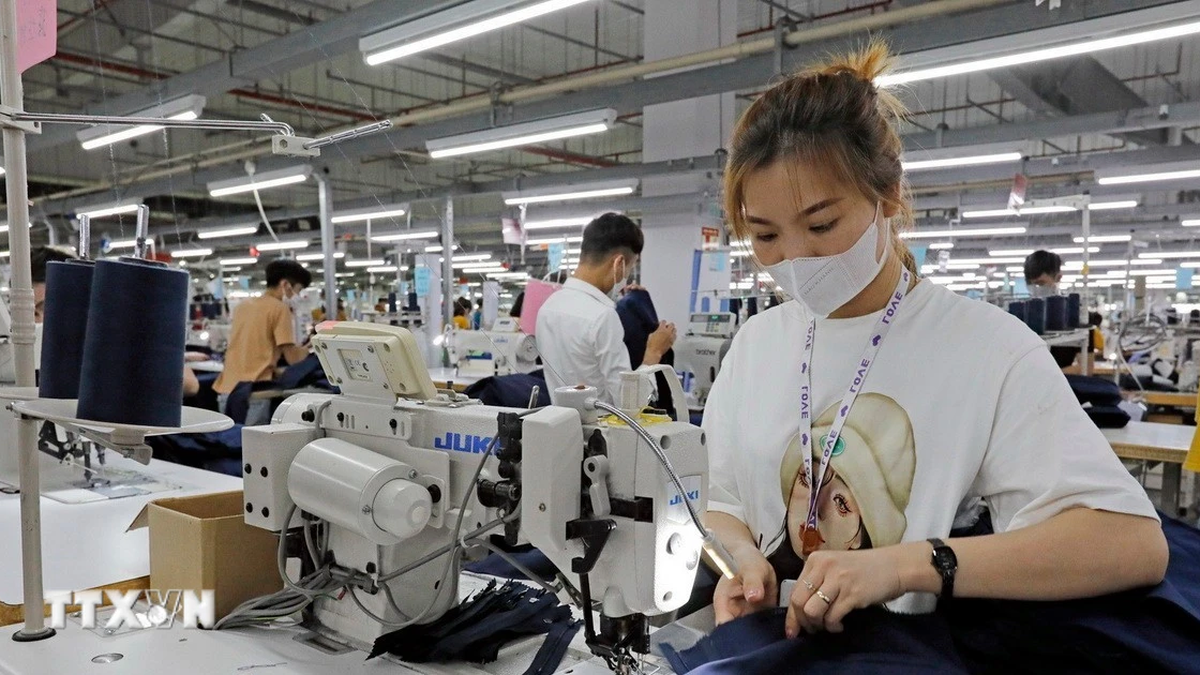
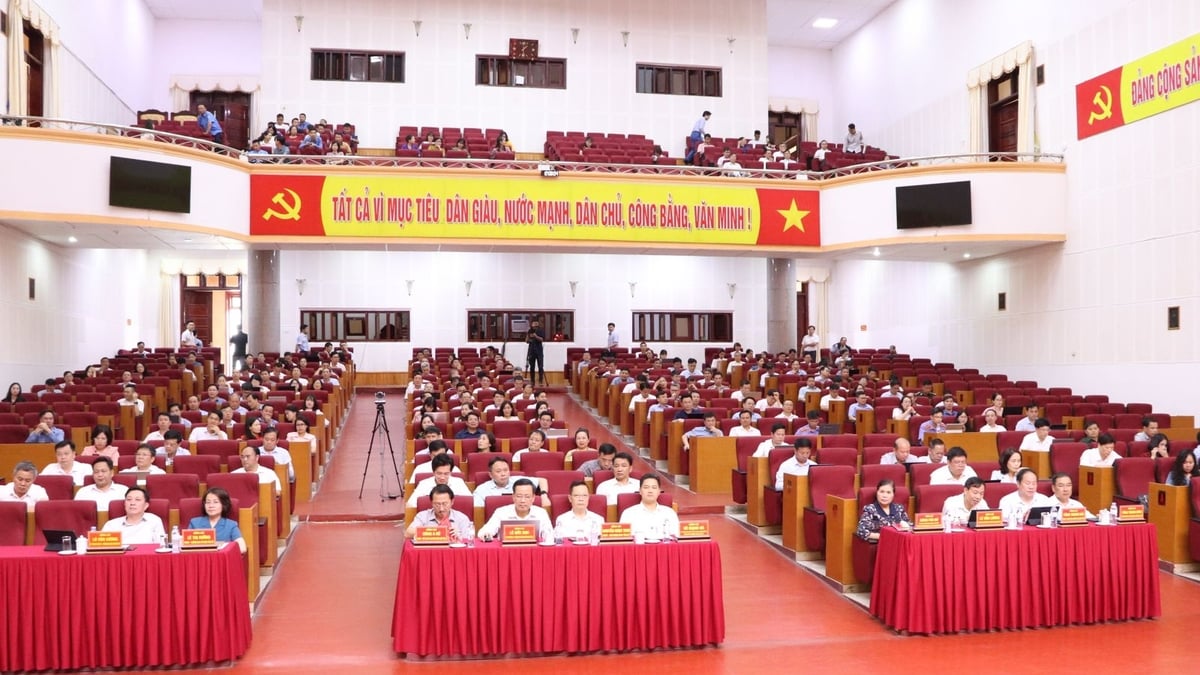











































![[Maritime News] Two Evergreen ships in a row: More than 50 containers fell into the sea](https://vphoto.vietnam.vn/thumb/402x226/vietnam/resource/IMAGE/2025/8/4/7c4aab5ced9d4b0e893092ffc2be8327)

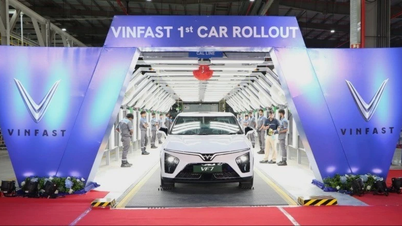








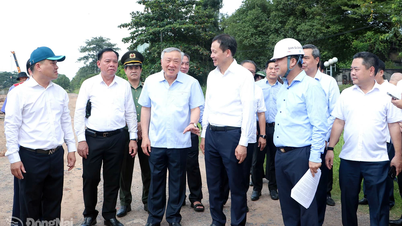






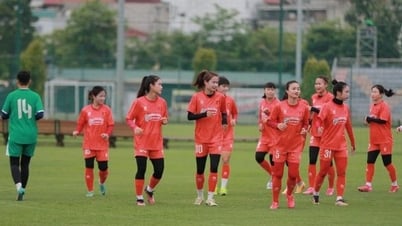
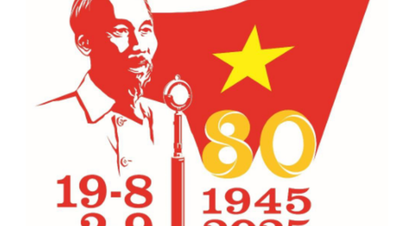
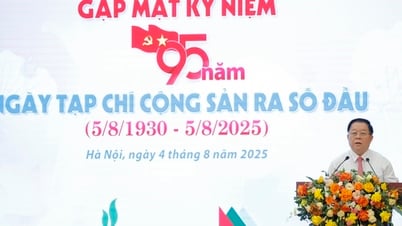
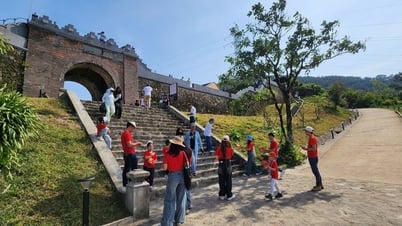
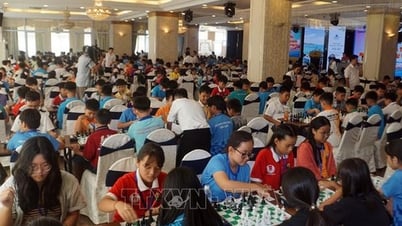


















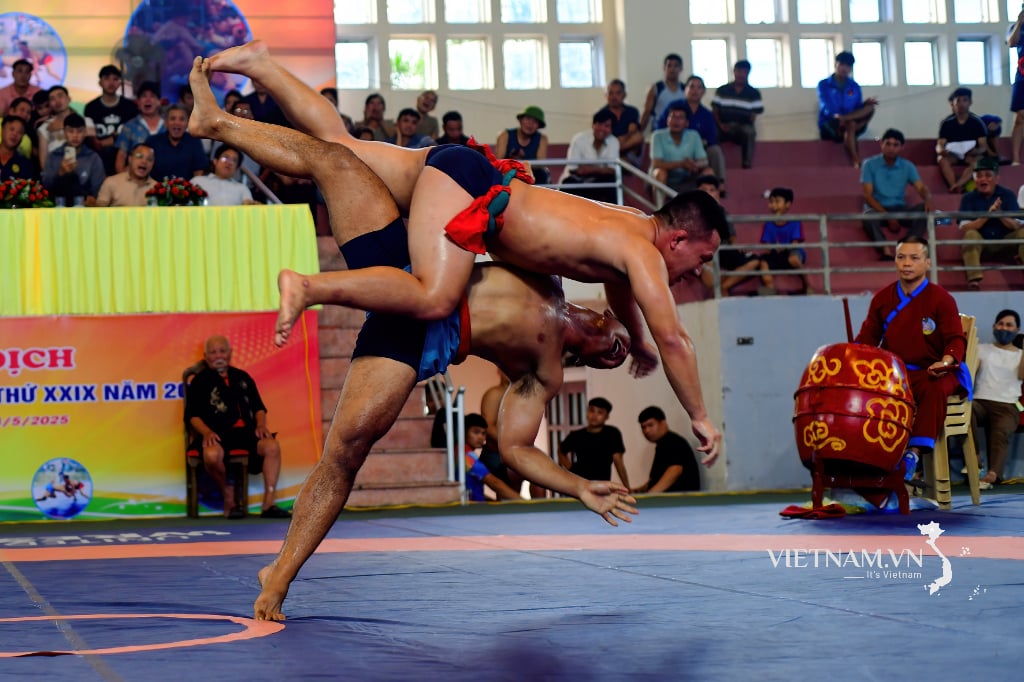

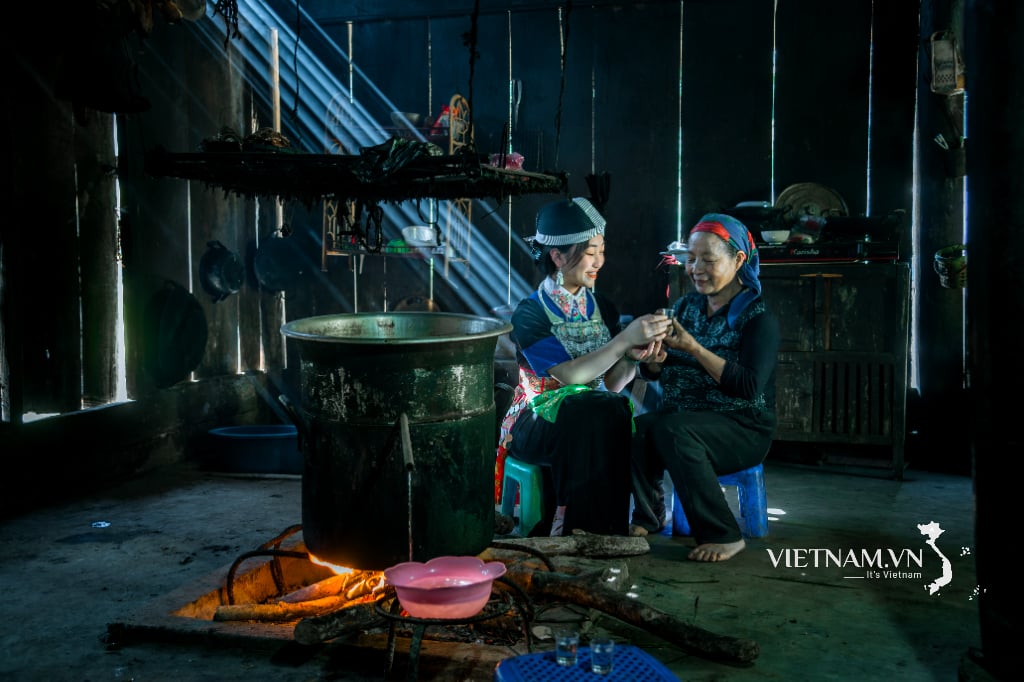
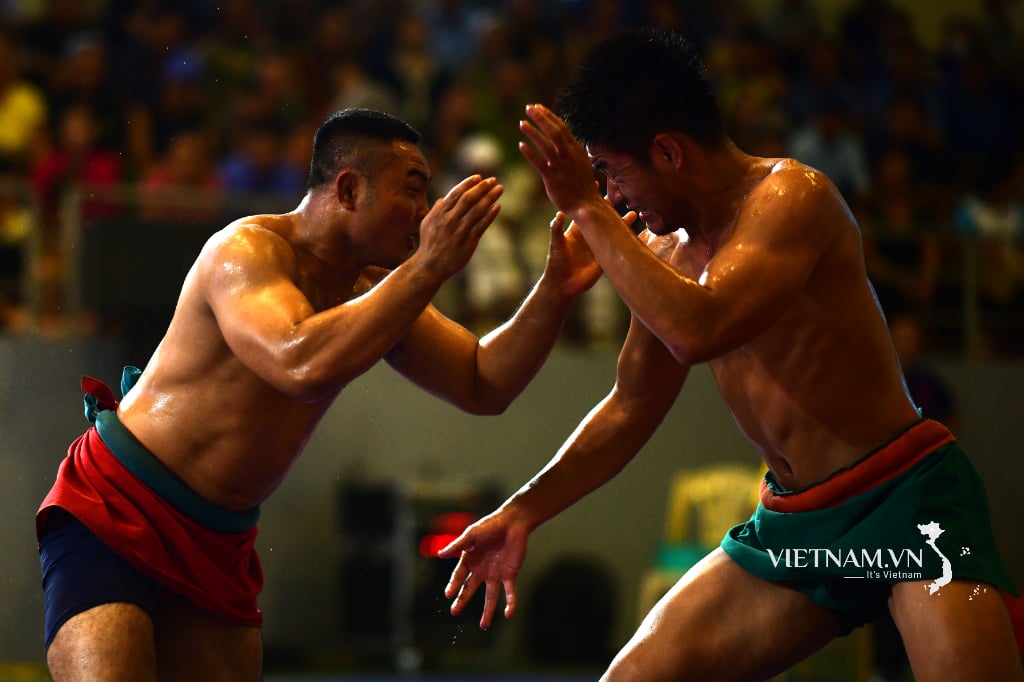
Comment (0)